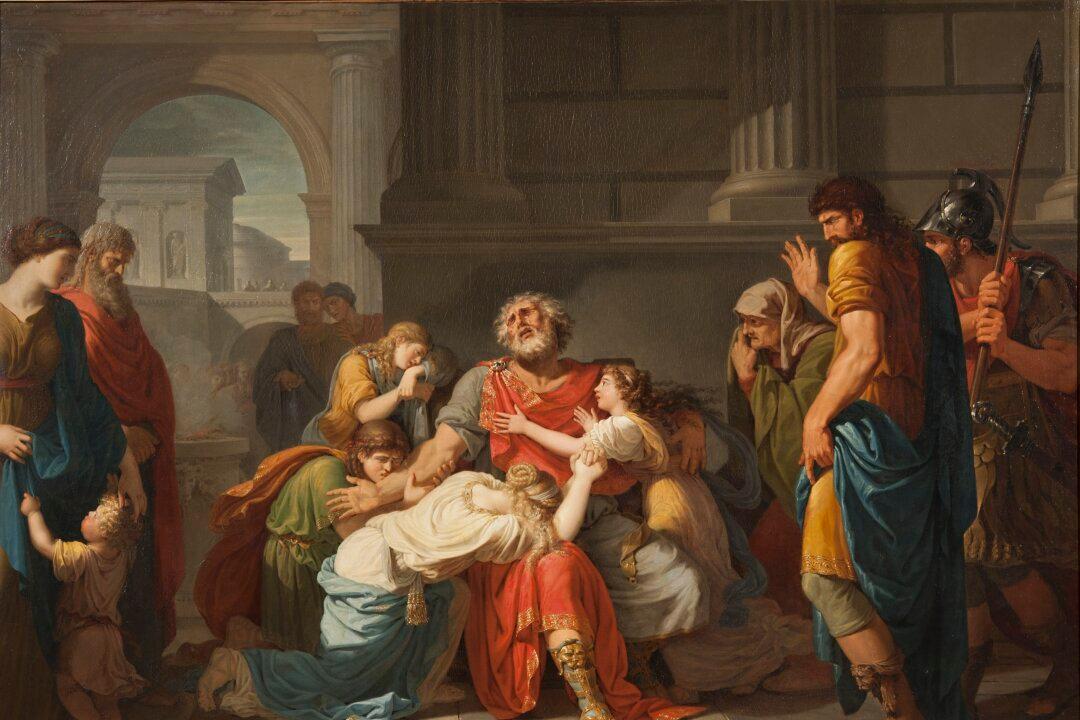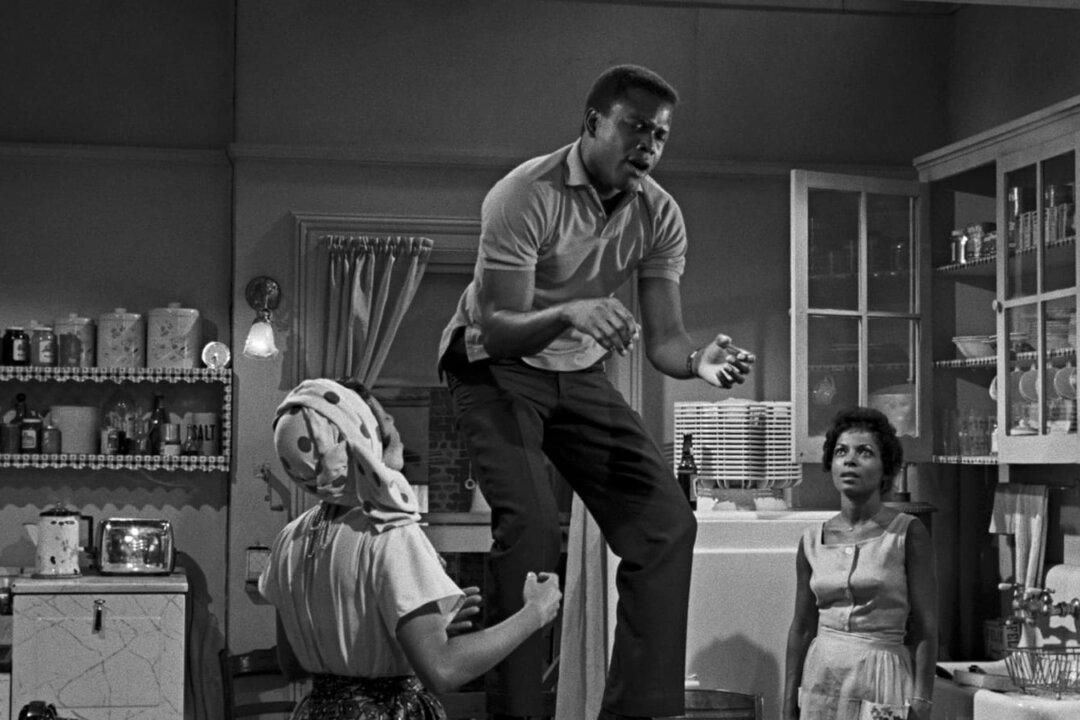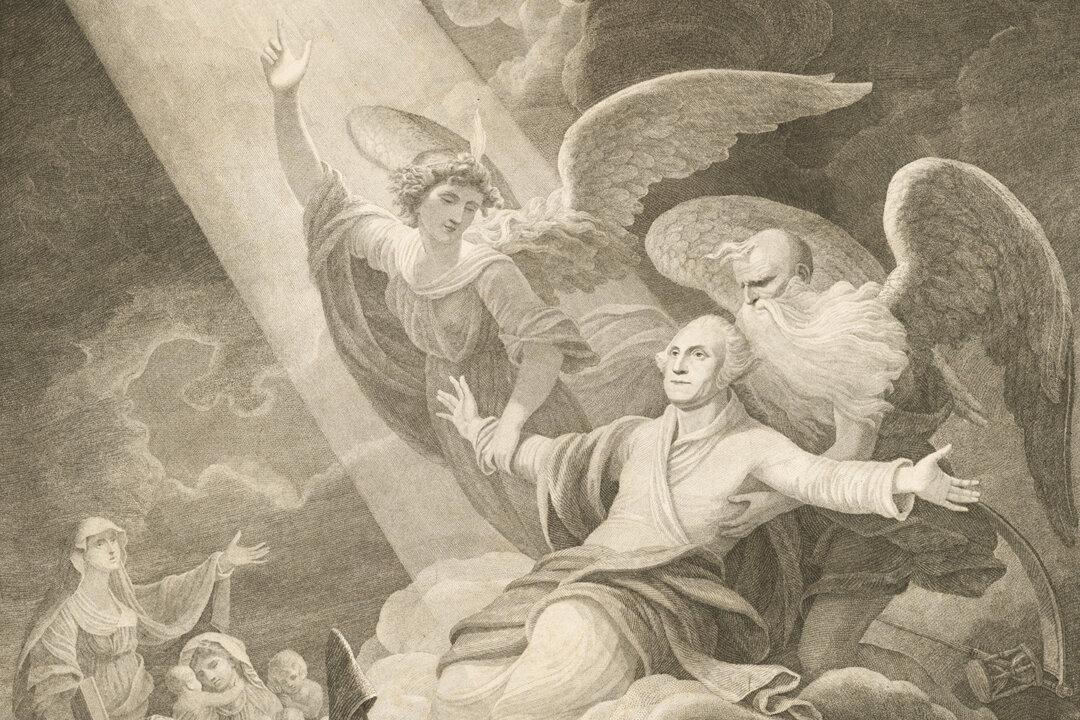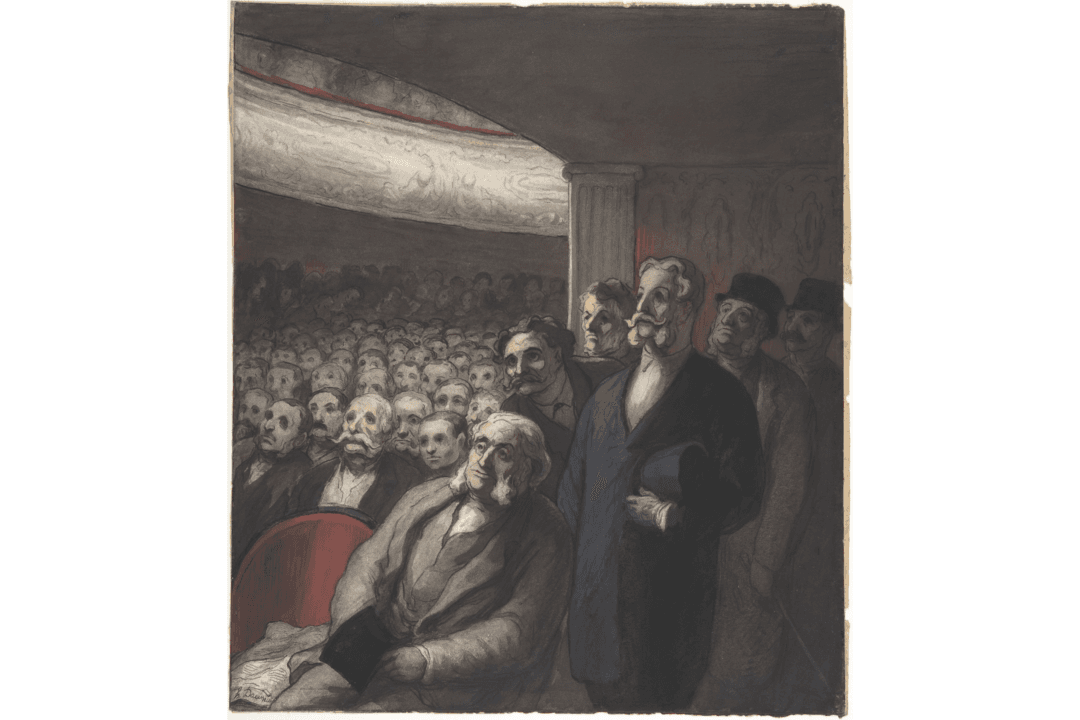Sophocles’s “Oedipus Rex” predates us by approximately 2,500 years. By today’s standards, it should have little, if anything, to teach us. After all, it does not speak to the realities of contemporary life. And if we go by today’s “realities,” almost anything cultural or philosophical has the shelf life of a cellphone: We must trade it in every year in order to remain relevant.
The fact is, however, that like the inalienable rights that Thomas Jefferson outlined in the Declaration of Independence, which the founders believed were guaranteed by “Nature’s God,” “Oedipus Rex” has stood the test of time by exemplifying what I am calling “Natural Theater.” This is theater that understands the permanence of human nature and seeks to portray humanity with all its flaws, countered by all its joys, with the ever-present hope of redemption.






